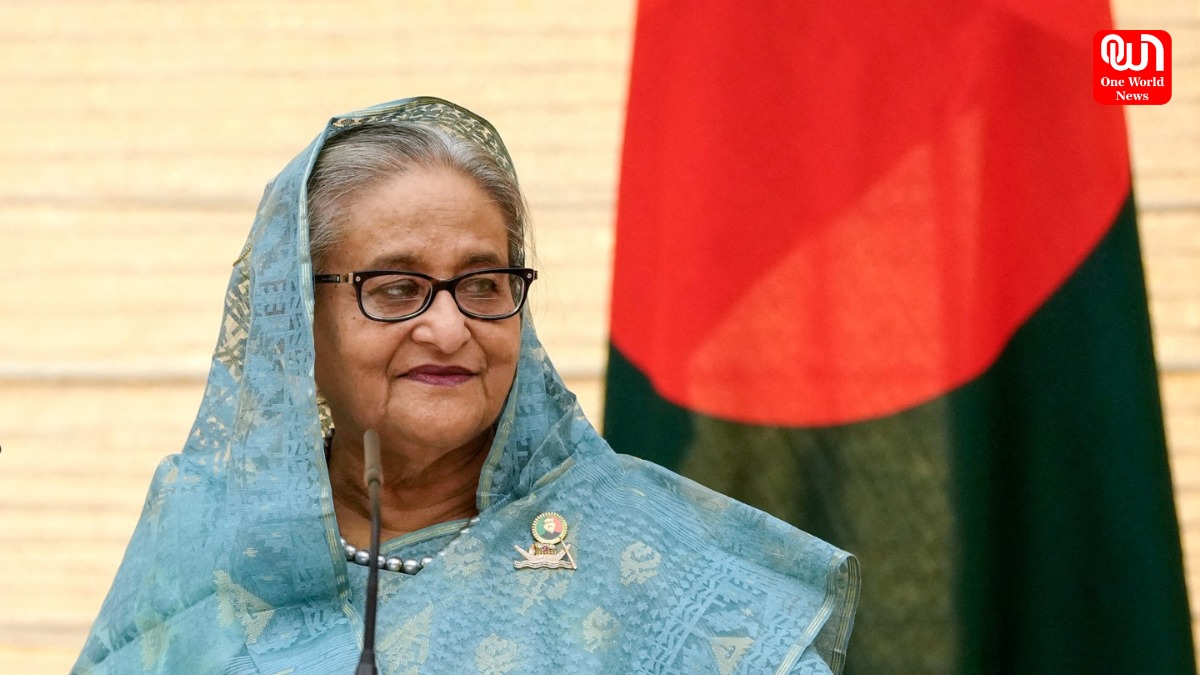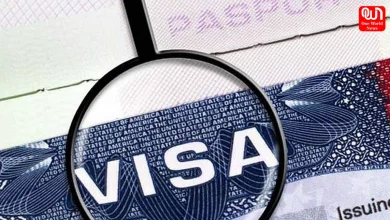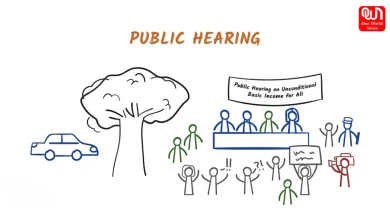Bangladesh Court Issues Arrest Warrant for Ex-Prime Minister Sheikh Hasina
A Bangladesh court issued an arrest warrant for ex-Prime Minister Sheikh Hasina, accusing her of human rights abuses during her rule
A Bangladesh court has issued an arrest warrant for ex-Prime Minister Sheikh Hasina, who fled to India after being overthrown
On Thursday, a Bangladeshi court issued an arrest warrant for Sheikh Hasina, the former Prime Minister of Bangladesh. Hasina, who was overthrown in a student-led revolution in August, fled to India shortly after. The court has ordered her to appear on November 18, according to Mohammad Tajul Islam, the chief prosecutor of Bangladesh’s International Crimes Tribunal (ICT).

During Hasina’s 15-year rule, the country experienced numerous human rights abuses, including the detention and extrajudicial killings of political opponents. Chief prosecutor Islam claimed that she was responsible for crimes against humanity, such as massacres and killings, especially between July and August this year. He described the court’s decision as a remarkable day.
Read More: Mumbai Woman Films Fake Policeman Extorting ₹50,000, Video Goes Viral
Since her departure, the 77-year-old ex-leader has not appeared in public. Reports suggest that her last known location was a military airbase near New Delhi, India. Her presence in India has angered the Bangladeshi government, which has since revoked her diplomatic passport. Bangladesh and India share a bilateral extradition treaty, which allows for the extradition of fugitives. However, the treaty includes a clause that allows refusal if the crime is considered political. This could complicate efforts to bring Hasina back to face trial.
Read more: Nayab Singh Saini: Leader Nayab Singh Saini of BJP sworn in as Chief Minister of Haryana.
The International Crimes Tribunal (ICT), established by Hasina’s government in 2010, was initially intended to investigate crimes from the 1971 independence war against Pakistan. However, the tribunal has faced criticism from the United Nations and various human rights groups. They argue that the tribunal has procedural shortcomings and was often used as a tool by Hasina to eliminate political rivals.
Now, the same court she once controlled is investigating multiple cases against her, accusing her of orchestrating mass murder during protests. The Bangladeshi government has expressed its determination to bring her back to face justice, but India’s response remains uncertain. The extradition process will likely face challenges due to the treaty’s political clause and the complex diplomatic situation between the two neighboring countries.
This development marks a dramatic turn in Bangladeshi politics, as the former leader’s fate hangs in the balance amidst international scrutiny and political tensions.
We’re now on WhatsApp. Click to join.
Like this post?
Register at One World News to never miss out on videos, celeb interviews, and best reads








